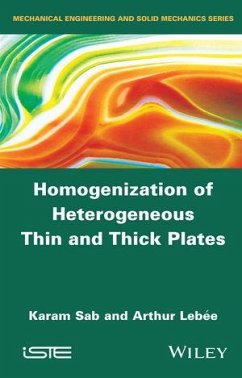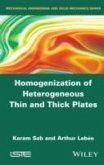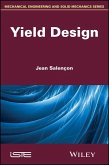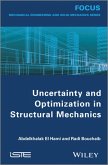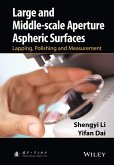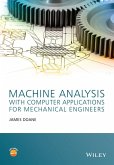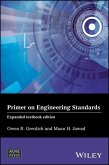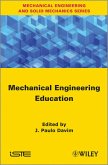This book gives new insight on plate models in the linear elasticity framework tacking into account heterogeneities and thickness effects. It is targeted to graduate students how want to discover plate models but deals also with latest developments on higher order models. Plates models are both an ancient matter and a still active field of research. First attempts date back to the beginning of the 19th century with Sophie Germain. Very efficient models have been suggested for homogeneous and isotropic plates by Love (1888) for thin plates and Reissner (1945) for thick plates. However, the extension of such models to more general situations --such as laminated plates with highly anisotropic layers-- and periodic plates --such as honeycomb sandwich panels-- raised a number of difficulties. An extremely wide literature is accessible on these questions, from very simplistic approaches, which are very limited, to extremely elaborated mathematical theories, which might refrain the beginner. Starting from continuum mechanics concepts, this book introduces plate models of progressive complexity and tackles rigorously the influence of the thickness of the plate and of the heterogeneity. It provides also latest research results. The major part of the book deals with a new theory which is the extension to general situations of the well established Reissner-Mindlin theory. These results are completely new and give a new insight to some aspects of plate theories which were controversial till recently.
Dieser Download kann aus rechtlichen Gründen nur mit Rechnungsadresse in A, B, BG, CY, CZ, D, DK, EW, E, FIN, F, GR, HR, H, IRL, I, LT, L, LR, M, NL, PL, P, R, S, SLO, SK ausgeliefert werden.

